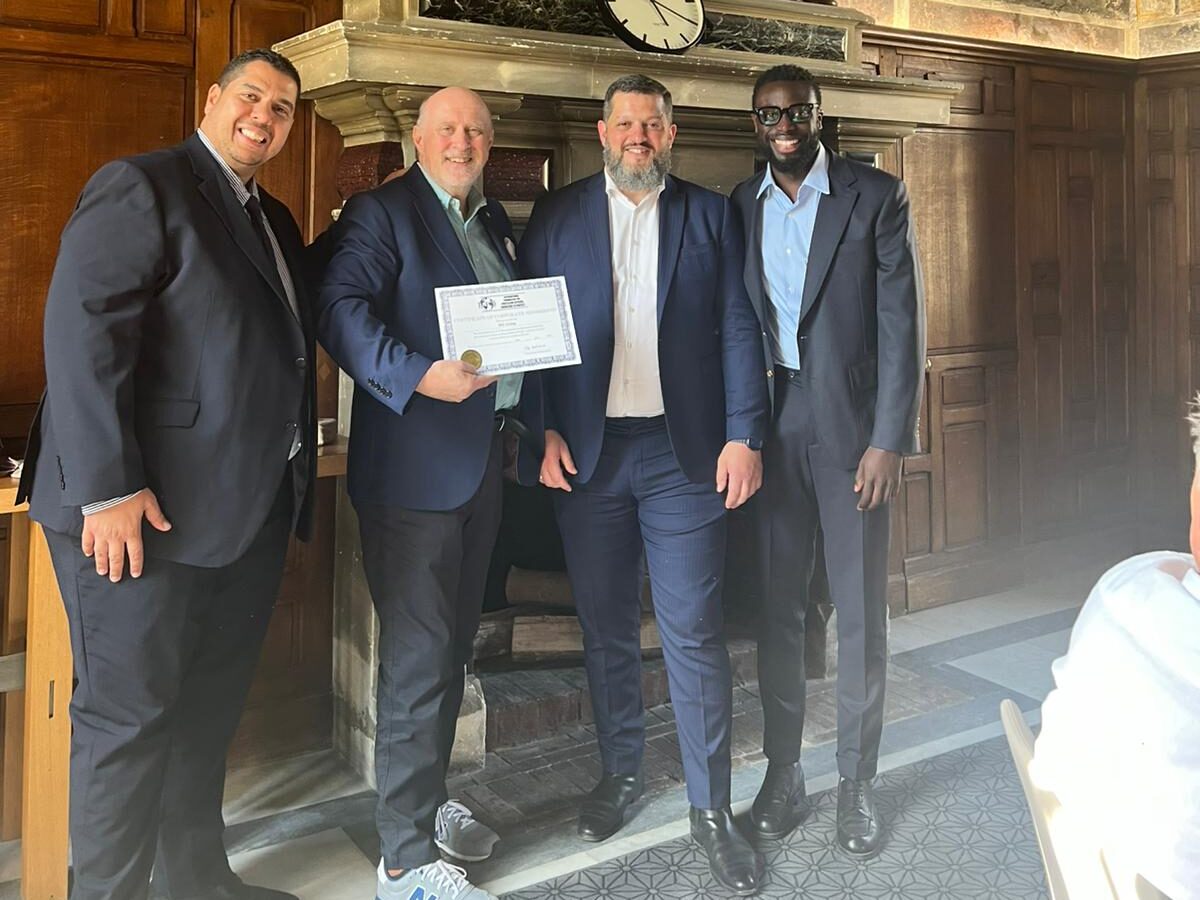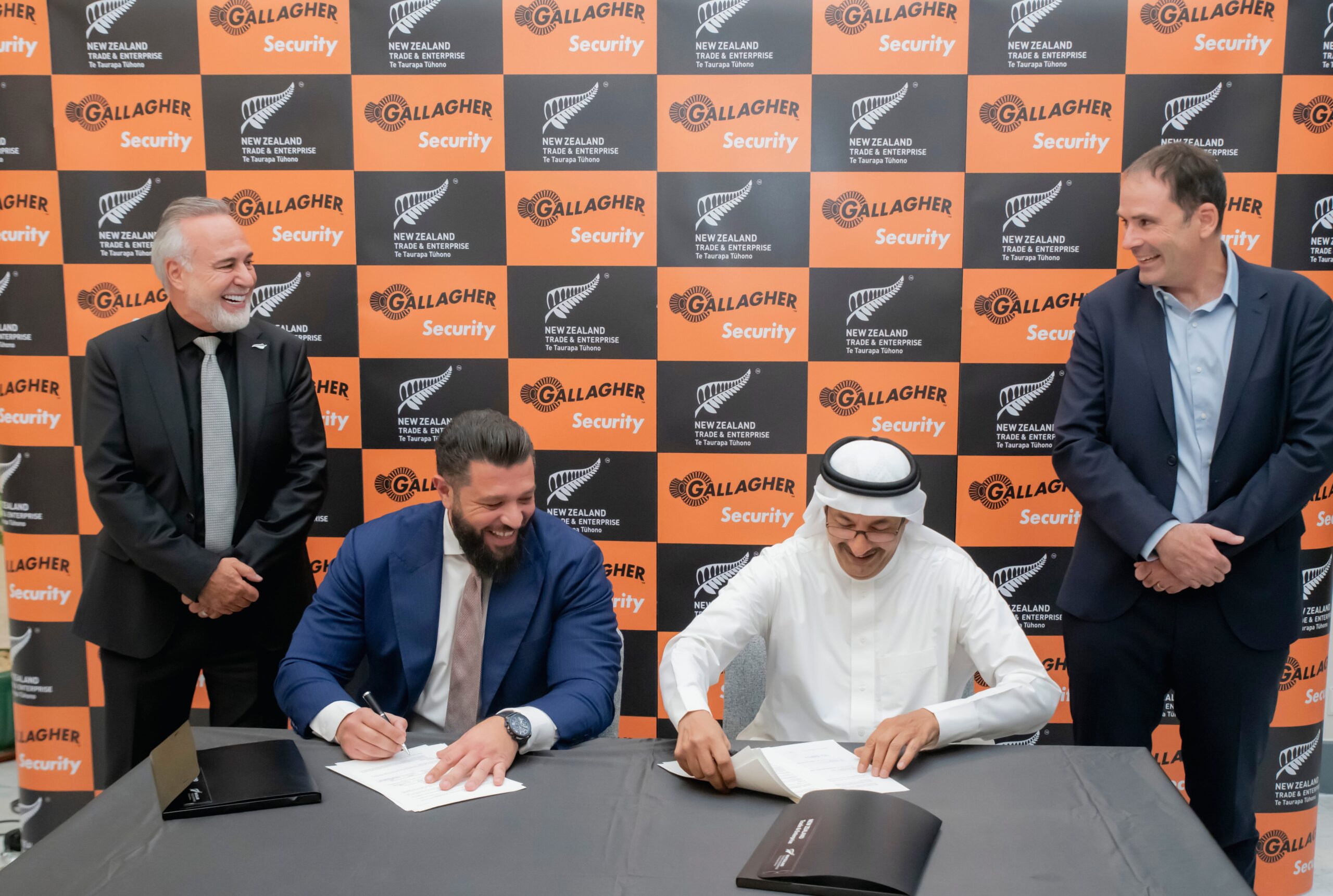Insight: the enabler of maritime security decision making
– David Reindorp, a faculty member at the Global Institute of Cyber, Intelligence & Security (GICIS), and Executive Director of Opportuna: Insight Consulting
Over the past five years, the concept and practice of maritime security has emerged into the mainstream of political thinking and industry practice. So much so that most vessels now possess a dedicated ship security officer, the UK has a National Maritime Security Strategy, and the G7 recently issued its first statement on the subject. All of these are new and novel.
Nevertheless, maritime security remains a challenge for policy makers to grasp and practitioners to deliver. The possible consequences of this are significant – navies have been accused of misunderstanding their purpose, governments of abrogating their responsibility, and shipping companies of failing to understand the consequences of their actions. So, why is this and how can maritime security decision makers ensure they consider all issues, generate viable strategies, and enable value-adding, future-aware behaviours from their practitioners?
 The answer to both questions is in the unique political and strategic environment of the oceans. It needs to be understood but is difficult to understand, and has a multitude of changing contexts, all of which will affect – either positively or negatively – the outcome of particular decisions and actions.
The answer to both questions is in the unique political and strategic environment of the oceans. It needs to be understood but is difficult to understand, and has a multitude of changing contexts, all of which will affect – either positively or negatively – the outcome of particular decisions and actions.
For instance, the oceans are not only a global commons, but also perhaps the most globalised of spaces. They are by law an international but non-sovereign space. No state can control them; it can only exercise jurisdiction over its ships upon them. But outside of the literally small question of the flag ships fly, it is becoming increasingly difficult to determine the individual national interests they represent. Masters, crews, operating companies, hull ownership, cargo, insurance cover, significance, criticality, and many other factors are all shared among many different states. So from an international perspective, who ‘owns’ the problem of maritime security? And who, without a clear identity against which to measure national interest, should provide the necessary power to deliver it and cover the risks and costs of so doing?
Another challenge to comprehension and thus decision-making is that maritime security is about far more than the sea and ships. At the macro level, it is entwined with all other manifestations of security, not just physical (i.e. protection from attack) but economic (from its links to trade), social (from its links to food and energy supplies), and political (from the ocean’s place as a key feature of the international political system). And at the micro level – by which is meant the Chief Executive and his or her board, it encompasses some particularly intractable issues.
For instance, protection from pirates when navies seem unwilling or powerless to do so, or how to maintain the traditional lifesaving practice of seafarers from the potentially ruinous costs of assisting with seaborne economic migrants and refugees. Civil society, governments, ship’s crews, and company shareholders all have different priorities and will judge success (or failure) accordingly, especially with a minute-by-minute media narrative.
So, successful decision making will rest on an interdisciplinary understanding of this complex but critical environment. Each executive will have a unique frame of reference. For instance, ship operators will understandably seek to minimise cost and may choose a flag state (i.e. country of ‘residence’) for their ship that appears to do so. But when faced with a particular threat – for instance, piracy – the government of such a flag may have no ability to respond. Meanwhile, other governments who do have such power profess no obligation to use it.
Addressing this conundrum requires insight, developed by exploring the four Ps of maritime security thinking: politics, policy, plans and practice. While linked and possessing similar aims, each is different. And for every particular maritime circumstance, they need to be considered in isolation first, acknowledging the relative history, merits and operating models of each, before being put together in a context-specific format that reveals what could, should and must be done for both the present and the imagined future.
[su_button url=”https://www.securitynewsdesk.com/newspaper/” target=”blank” style=”flat” background=”#df2027″ color=”#ffffff” size=”10″ radius=”0″ icon=”icon: arrow-circle-right”]For more like this click here for the SecurityNewsDesk Newspaper[/su_button]

























